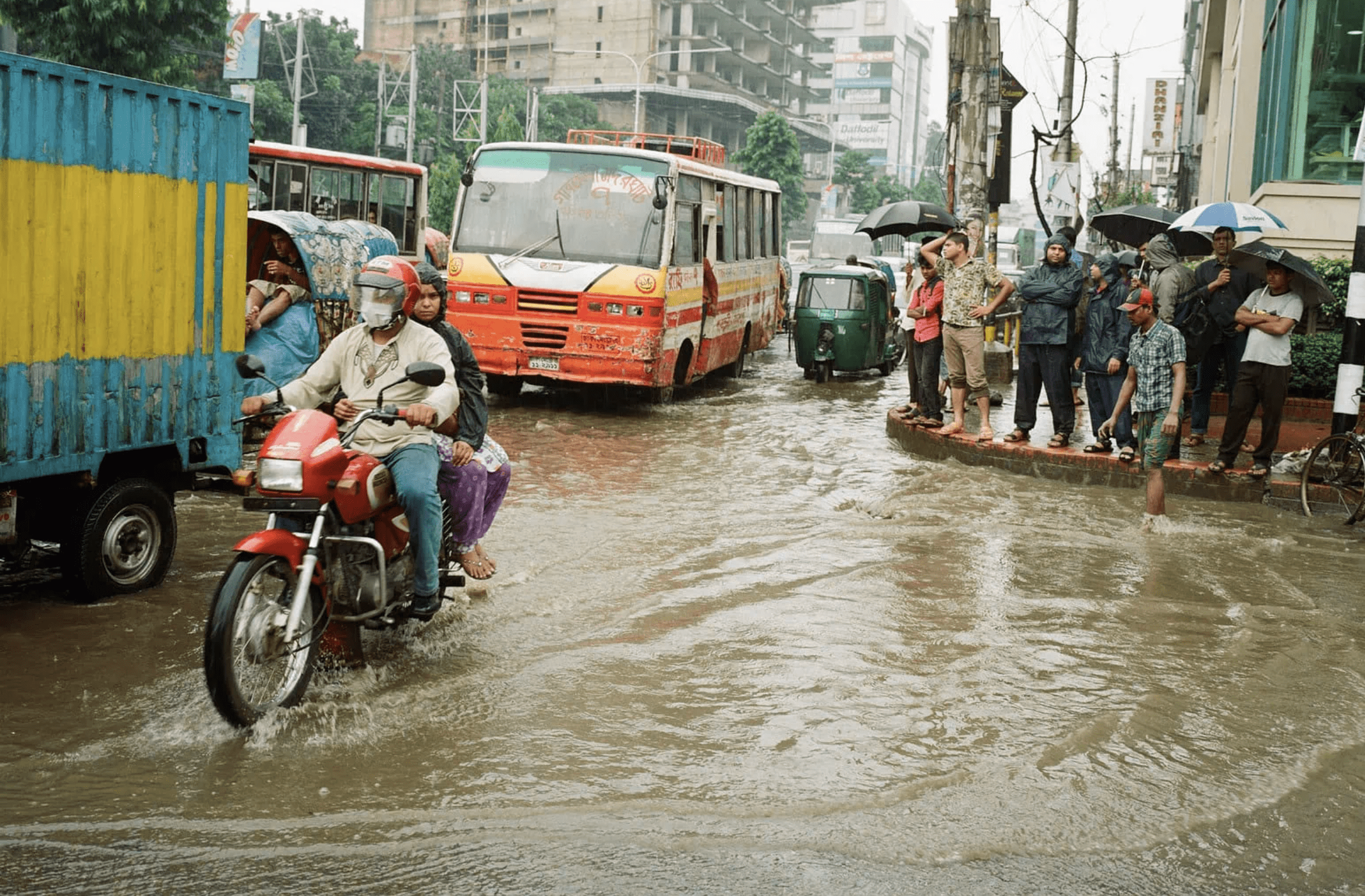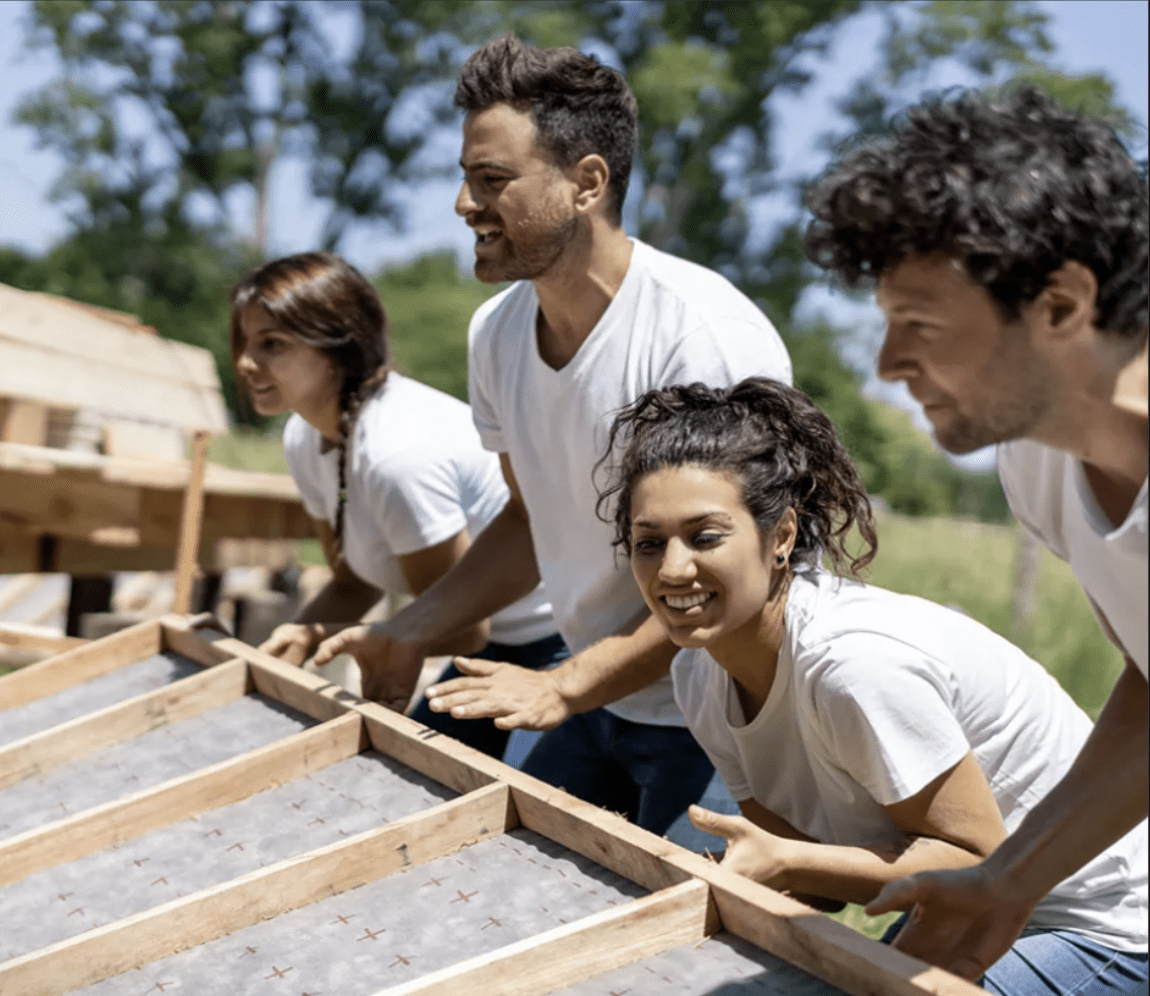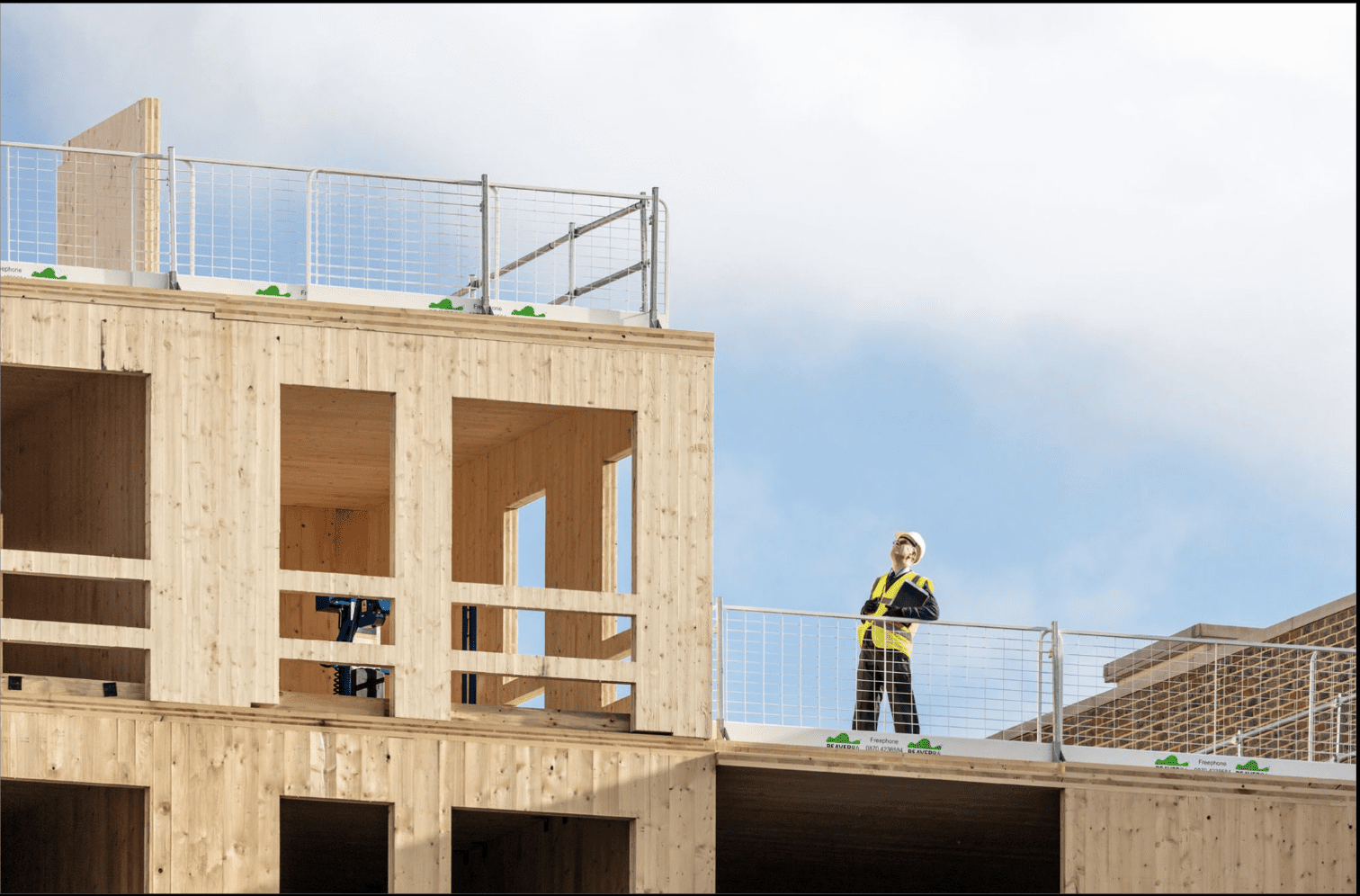The built environment currently accounts for 23–40% of global urban emissions and is associated with significant climate risks, such as extreme heat and flooding in cities. As urban populations grow, the demand for new buildings, public spaces, and infrastructure will only grow: an estimated 60% of the built environment that will exist in 2050 remains undeveloped. For this reason, the green transition is crucial. In this session, we will bring together policymakers, architects, and researchers to explore practical ways to achieve this goal. With real-world case studies and global expertise, this session will demonstrate how transforming the built environment toward sustainability and resilience is a vital opportunity for cities around the world.
Discussion table with:
Elizabeth France, Municipal Secretary of Urban Planning and Licensing of Sao Paulo
Maria Teresa Fedeli, Executive Secretary of the Water Sources Program (SEHAB)
Fabio M. Espindola, Public Policy and Government Management Analyst at SECLIMA – São Paulo
Denise Duarte, Full Professor at FAU-USP
Riciane Pombo, Architect in the architecture office Guajava
Marcella Arruda, president of the institute A Cidade Precisa de Você and co-founder of the Brazilian Network of Collaborative Urbanism
Moderation:
Birgitte Krohn, City Councilor – Consulate of Denmark in Brazil
Henrique Goes, Sustainable Construction Manager at C40 Cities
Free
Registration:
Registrations must be made here.
Registration will be open until the start of the activity, on site, as long as there are spaces available.




